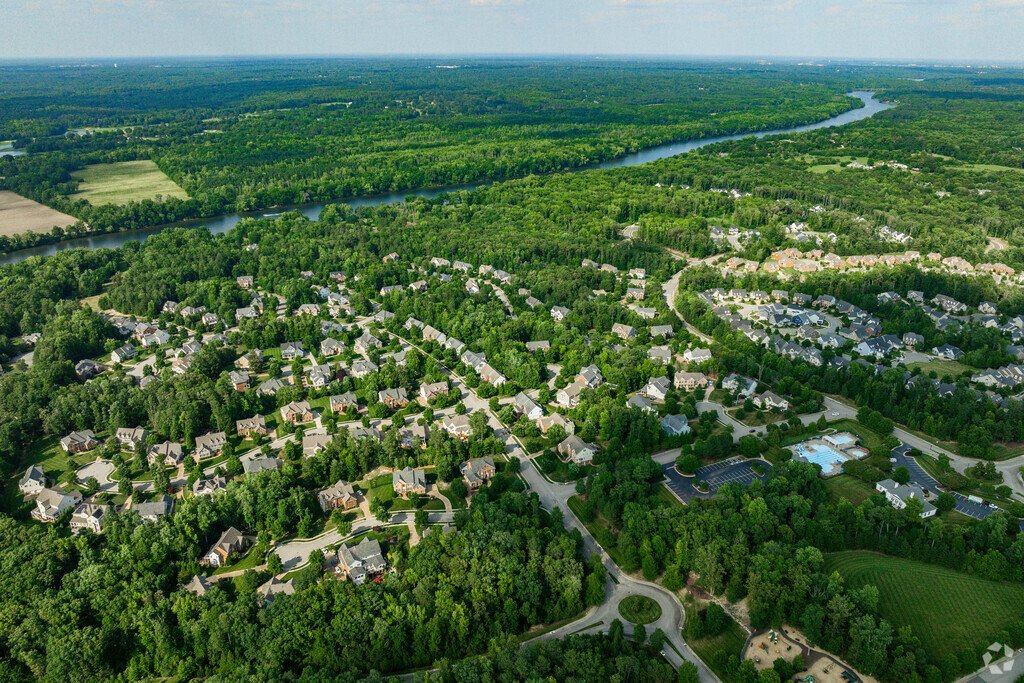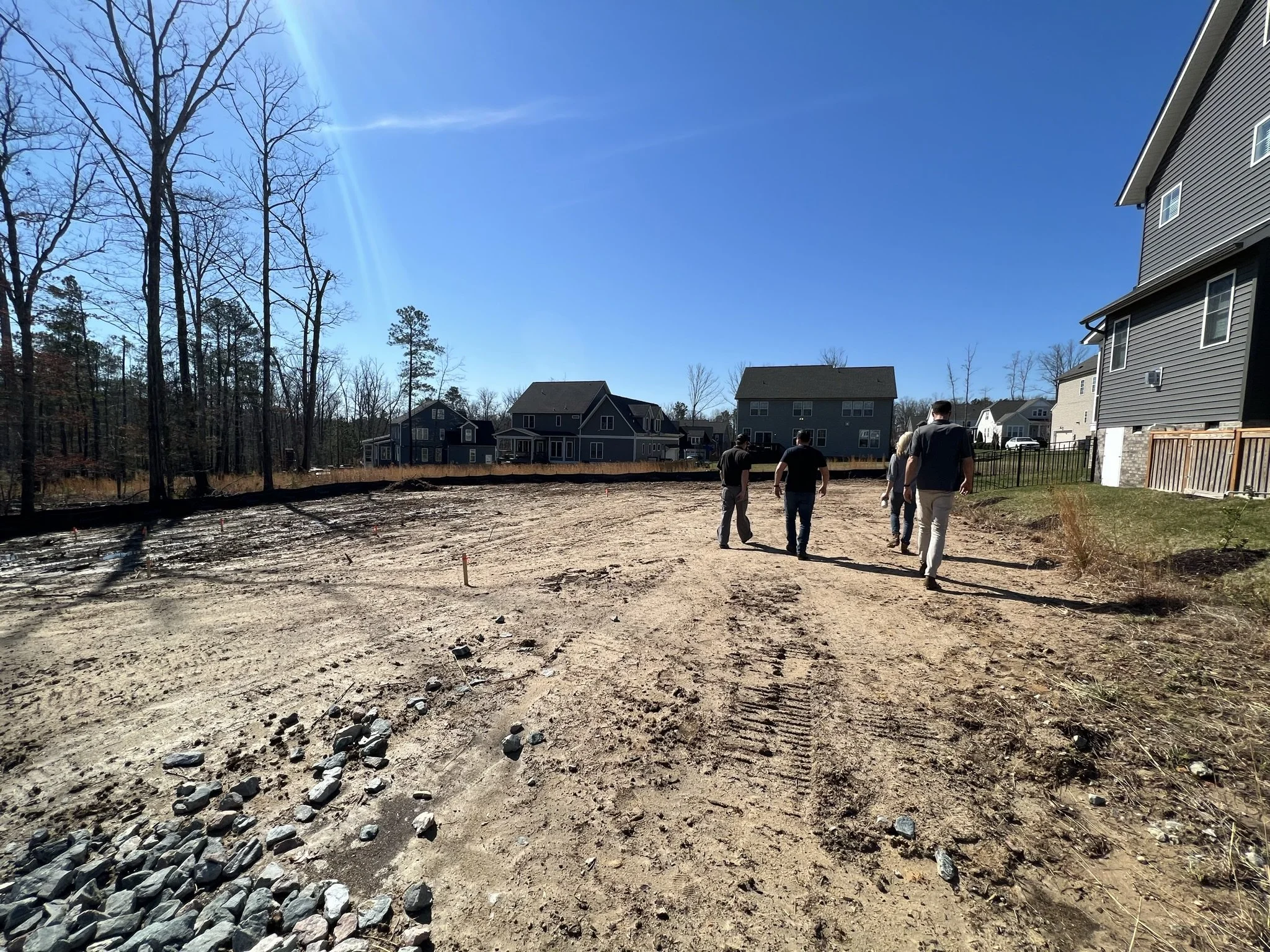Cost of Custom Home Construction Richmond, Virginia
Keel Custom Homes' construction costs are influenced by a variety of factors, each of which can have a significant impact on the overall expense of the custom home build. Understanding these factors is crucial for effective budgeting and planning. Here are some key factors that influence what your custom home will cost:
Location
Custom Home Costs Vary by Location and Local Factors
The geographical location of the construction site is a primary determinant of costs. Factors such as land prices, availability of skilled labor, proximity to suppliers, and local building regulations can vary widely from one location to another.
Materials
Material impact on Custom Home Costs
The geographical location of the construction site is a primary determinant of costs. Factors such as land prices, availability of skilled labor, proximity to suppliers, and local building regulations can vary widely from one location to another.
Labor
Skilled Labor impact on Home Building Costs
Skilled labor is essential for various aspects of residential construction, including carpentry, electrical work, plumbing, HVAC installation, and landscaping. Labor costs are influenced by factors such as prevailing wages, labor shortages, unionization, experience level, and project complexity. Higher demand for skilled tradespeople in booming construction markets can drive up labor costs.
Design and Specifications
Custom Home Specs Affecting Construction Costs
The design and specifications of the home greatly affect construction costs. Factors such as square footage, architectural style, number of floors, layout complexity, and quality of finishes can all impact the overall expense. Custom features, specialized materials, and intricate detailing typically result in higher construction costs compared to standardized or basic designs.
Site Conditions
Site Conditions Affecting Build Costs
Site-specific factors, such as soil stability, terrain, environmental considerations, utility availability, and accessibility, can influence construction costs. Building on steep slopes, in flood-prone areas, or on sites with poor soil conditions may require additional measures such as excavation, foundation reinforcement, or drainage systems, all of which can add to the overall expense.
Regulatory Requirements
Building Codes and Permits Affect Costs
Compliance with building codes, zoning regulations, environmental standards, and permit requirements is essential for residential construction projects. Meeting regulatory requirements often entails additional expenses for design modifications, inspections, permits, and fees. Failure to comply with regulations can result in costly delays, fines, or legal issues.
At Keel Custom Homes, we consider these factors by conducting thorough costs analysis and pre-construction planning. With our experience and knowledge, we help homeowners anticipate and manage expenses associated with their custom home building journey. Collaboration with an experienced builder like Keel is essential for optimizing costs and receiving a quality and functional completed home. For detailed budgeting, visit our Cost Calculation page to plan your custom home expenses effectively.






